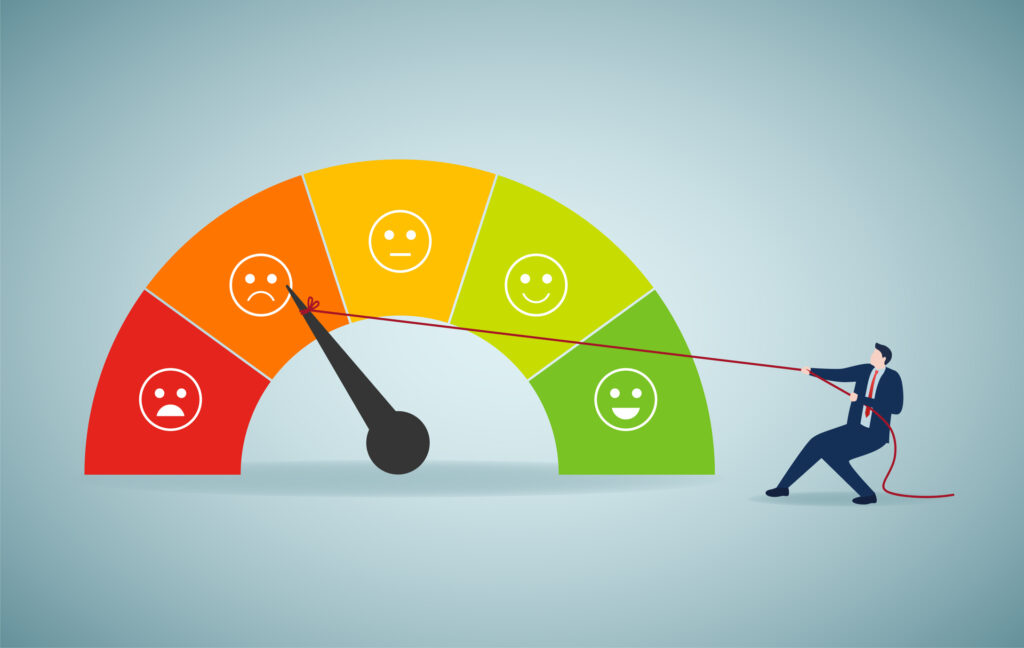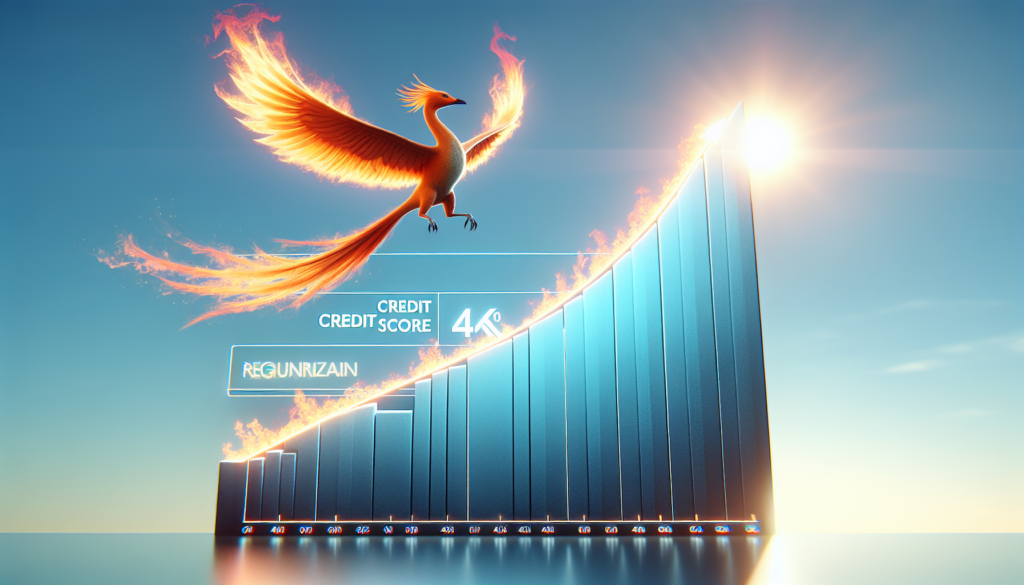
While it may seem counterintuitive, filing for bankruptcy can be a strategic step toward rebuilding your financial health when your credit score is already in decline. Here’s how bankruptcy can help in the context of a deteriorating credit situation:
Addressing the Decline in Credit Score
- Halting the Downward Spiral: If your credit score is declining due to mounting unpaid debts, late payments, or collections, bankruptcy can stop this downward trend. By discharging eligible debts, bankruptcy removes the ongoing negative reporting associated with those accounts.
- Automatic Stay: Upon filing for bankruptcy, an automatic stay is put in place, stopping most creditors from continuing collection actions, which can prevent additional negative marks on your credit report.
- Debt-to-Income Ratio: After bankruptcy, your debt-to-income ratio will improve because you’ll have fewer debt obligations. While this ratio isn’t a direct factor in your credit score, it’s crucial for lenders when making decisions about new credit applications.
Rebuilding Credit Post-Bankruptcy
- Fresh Start: Bankruptcy provides a clean slate, allowing you to start rebuilding your credit without the burden of past debts. With prudent financial management, your credit score can improve over time.
- Credit Building Strategies: After bankruptcy, you can adopt strategies to rebuild your credit, such as obtaining a secured credit card, becoming an authorized user on a responsible person’s credit card, or getting a credit-builder loan, ensuring that you make all payments on time.
- Positive Payment History: Post-bankruptcy, your focus should be on establishing a positive payment history. Consistently making on-time payments on any remaining or new debts will gradually improve your credit score.
- Credit Utilization: Keep any new credit balances low to maintain a low credit utilization ratio, which positively affects your credit score.
Long-Term Credit Score Improvement
- Bankruptcy’s Diminishing Impact: The impact of bankruptcy on your credit score lessens over time. Being proactive about rebuilding your credit can help you gradually increase your score, even before the bankruptcy falls off your credit report.
- Strategic Financial Planning: Post-bankruptcy, engaging in strategic financial planning and budgeting can prevent the recurrence of financial habits that led to the initial credit score decline.
- Monitoring Credit: Regularly monitor your credit report to track your progress and ensure accuracy. Dispute any inaccuracies or outdated information that may negatively impact your score.
While bankruptcy does initially lower your credit score and remains on your credit report for 7-10 years, it can be a pivotal step toward financial recovery and credit improvement, especially when your credit is already compromised. By eliminating overwhelming debt and providing the opportunity to reset your financial habits, bankruptcy can be the beginning of a journey toward a healthier credit score and more stable financial future. Always consider consulting with a financial advisor or bankruptcy attorney to understand fully how bankruptcy can impact your specific financial situation and to devise a personalized strategy for credit recovery post-bankruptcy.


Get a Free Bankruptcy Case Evaluation